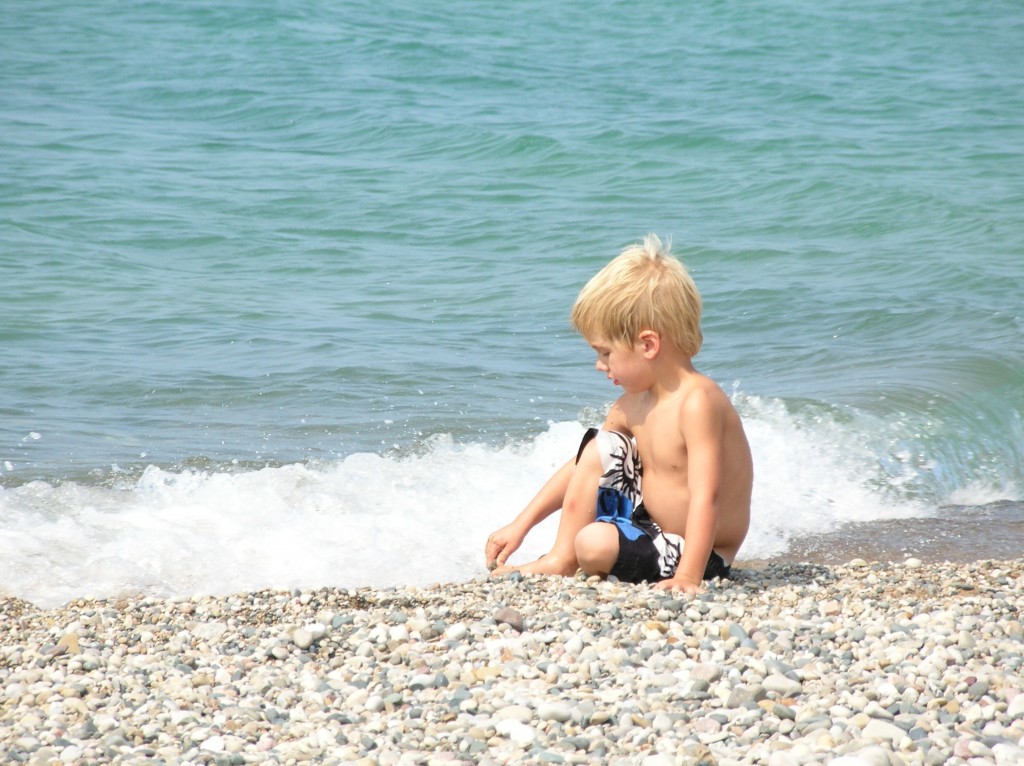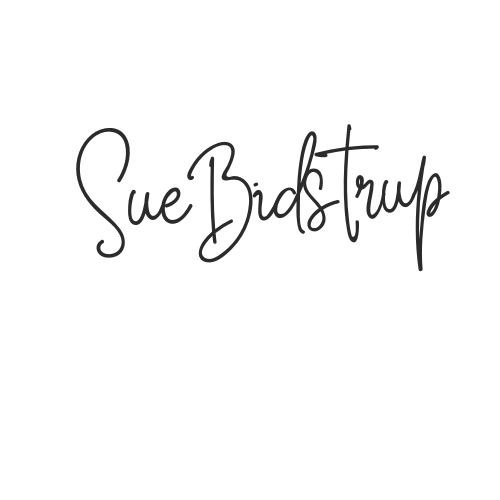Are you an introvert or an extrovert?
I’m reading the book, Quiet: The Power of Introverts in a World that Can’t Stop Talking. It really has me thinking.
I remember I took the Meyers Briggs test when I was in my early twenties. It came back that I was an introvert. I remember thinking that seemed odd, it didn’t really jive with my personality and then it was explained to me that it is about where you go to get refueled. Where do you go to recharge? Do you go inside (introvert) or outside (extrovert) to replenish your power? When it was explained this way, I was in agreement. I’m an introvert. (There are many different definitions for introvert and extrovert. Reading about the characteristics of each helped me understand why sometimes I want to leave a party early to get in my pjs and read a book. And why sometimes I just don’t want to go at all.)
I remember telling people this and they argued vehemently with me, “You are not an introvert!” As if they were trying to make me feel better. As if being an introvert is a bad thing.
Nobody is an completely one or the other, but honestly, at this point in our society, so many people “fake” being an extrovert, it’s hard to tell. Cain talks about the “Extrovert Ideal” and The Culture of Personality. She explains when it all started and how our society feeds into it. Dale Carnegie, Tony Robbins, Harvard Business School, Saddleback Church, iCarly…they are all studied and analyzed here and it’s funny and kind of sad.
I’ve noticed it with my kids. Chances are if you have more than one child, you may be raising an introvert. A lot of the things introverts bring to the table…thoughtfulness, seriousness, sensitivity…are not valued in our society. So, as a parent who was brought up in this society and who happens to live in a very extroverted place, I have unwittingly asked my children to conform to the extrovert ideal regardless of who they are at their core.
Cain helps me understand this when she tells us, “child guidance experts of the 1920’s set about helping children to develop winning personalities. Shyness could lead to dire outcomes, they warned, from alcoholism to suicide, while an outgoing personality would bring social and financial success.” She goes on to explain, “Since then we’ve been discouraging our kids from solitary and serious hobbies like classical music that make them unpopular and introverted students were often singled out as problem cases.”
I think back to preschool days when people, including me, started our kids younger and younger in school. We would stand around at the park and talk about helping our kids be more “socialized” and how it’s important to send them to school early to work on socialization. I didn’t know it then but I know it now, I bought into the Culture of Personality hook line and sinker and I was going to do everything in my power to make sure my kids had all the “right tools” to succeed. At times these young children would be over stimulated or uncomfortable or not ready. As I was criticizing and belittling their true nature, I told myself I was preparing them for the “real world”.
But here’s the thing. They already have the right tools. They come equipped from God. What? I think I can do better? I think I can take something so good, a personality that has been crafted by a loving creator and placed in this world to make a difference…and “fix” it??? What was I doing?
I was buying the load of crap this culture is selling me.
As I was reading the book, I said to my husband, “Do you think Ghandi’s mom told him he should try out for basketball or asked him why he was reading a book and wasn’t out with friends on a Friday night?” Please.
I have been frustrated with teachers in a system that idealizes and rewards the extrovert without regard (or sometimes with disdain) for the introvert. I have felt something was off but I couldn’t name it. This book helped me. Without the gifts of the introverts, this world would be lacking much of the music, literature, films, technology, organizations and so many other things that shape us and feed us and inspire us.
I LOVE this book. It brings clarity to an issue that hasn’t been sitting well with me.
If you asked me what kind of a mother I wanted to be, I would have told you I want to love and respect my children for who they are and I want to honor their gifts and encourage them to love and bring light into the world.
Yet, in practice, with all good intentions, there have been times that I have told them their light is not bright enough and their gifts are not loud enough and they are not good enough.
Shame on me.
I could quote her entire conclusion here because it is so beautiful but one line sticks out to me. From now on, it’s my parenting motto:
“Love is essential; gregariousness is optional.”
Amen?


Parents always have to fight back at the pressures to make children (and us) something we don’t want to be. Here is a video sent to me by a young woman who is fighting that same fight.
http://www.youtube.com/watch?v=IyXSFnZijSs&sns=fb
Sue, I am an “I” also!! Great post.
I am so glad you wrote about this. I think it is an important parenting issue and will see if we can get a Parent University speaker to address this topic.
Thank you Sue, this was very insightful. I too, have taken Meyers Briggs and came out a flaming “E”, however I think I am changing as I get older. I am drawing more and more from the “I”in me. Can’t wait to read the book.
Sue,
What a wonderful entry. I have been pulled into the pressure that surrounds us when raising my four too. It is inevitable at times. Learning how to respect our children and each other as the special individuals they are is a life long gift. Luckily when I was soooo worried about my oldest and his hesitancy to join my Mom would say to me “He is fine, he is who he is and you need to allow him to discover his gifts his way” and he has!
She was a wise woman just as you are. I look forward to reading the book and your next entry.
Sue – thank you for this great and insightful post today. I especially cringed reading your comment about Gandhi staying in reading a book vs. going on with friends on a Friday night – how many times have I been responsible for shoving my kids out the door when all they wanted to do was recharge and stay in. Thanks for the wake-up call and helping articulate that “thing” that many of us are bothered about but haven’t been able to put our finger on!
Sue, Did you see the article in Time magazine about Introverts a few weeks ago? Maybe you can read it online. It was featured on the front cover. It sounds similar to your book and really emphasized the leadership qualities of introverts, etc. Great post! Thanks!
after recently taking a short “introvert or extrovert?” test on a whim, i, too, learned that i refuel on my own despite being told (and behaving like!) an extrovert much of my life. hmm. could that be a contributor to my clenched jaw and palpitations???
i listened to an interview with cain last week and it immediately struck me that two of our three children are introverts whom i often push out the door to play with neighborhood friends, etc. when they simply need to quietly “be”. just like their mother!!